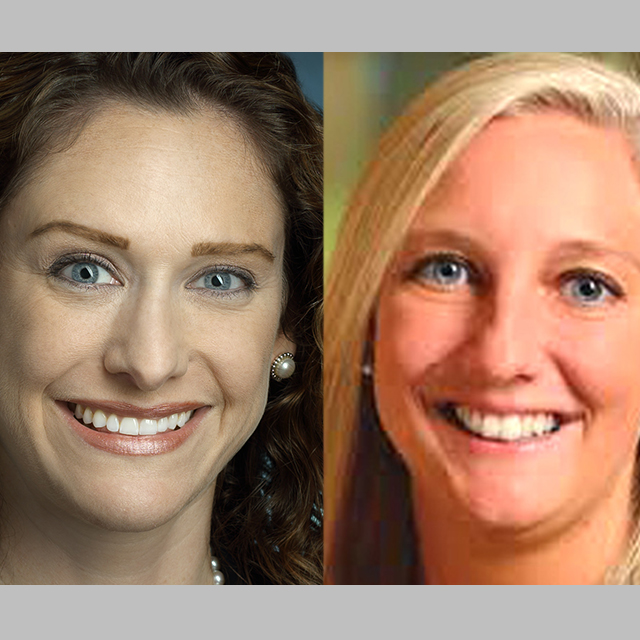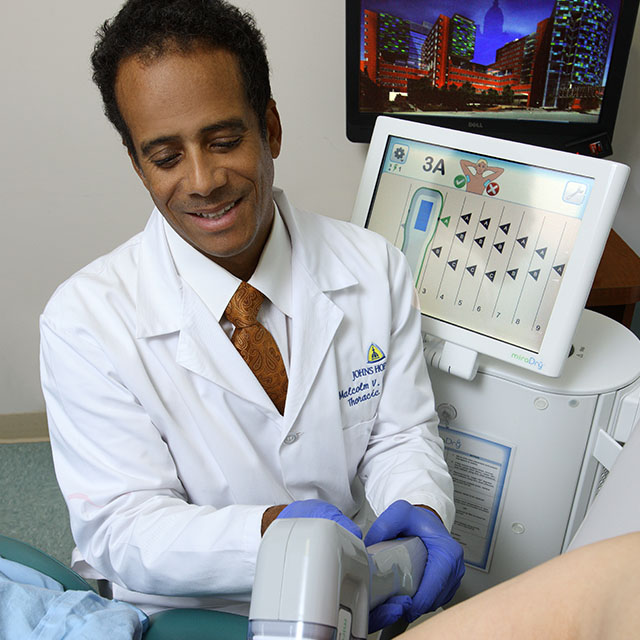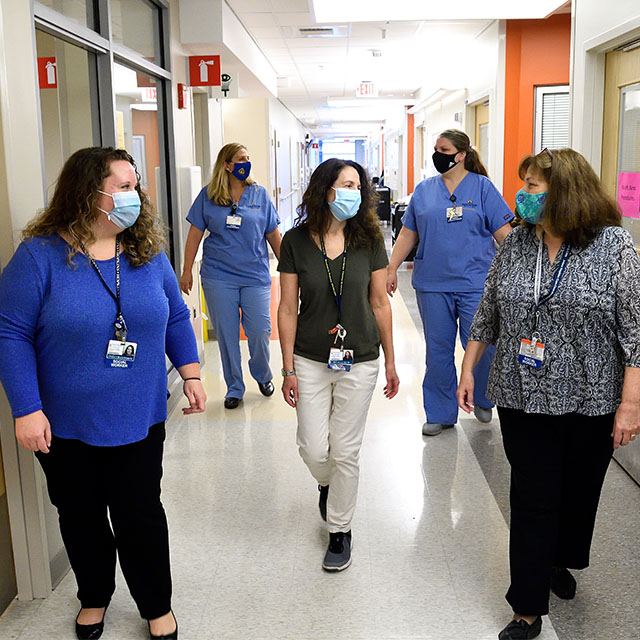Retired computer scientist Bill Kenney understands the power of data regarding research and patient outcomes. That’s why he pledged $250,000 over two years to help establish a multidisciplinary thoracic oncology research database, allowing clinicians to access a totality of patient data in order to collaborate on research and optimize patient care.
Kenney, a Richmond, Virginia, resident, was treated for esophageal cancer in 2017 at the Johns Hopkins Kimmel Cancer Center. He’s grateful for the care he received from Stephen Broderick, M.D., associate director of the Johns Hopkins cardiothoracic residency program, and Richard Battafarano, M.D., Ph.D., regional director of general thoracic surgery, both of whom the gift benefits. Kenney’s cancer is in remission.
“I was just so impressed with everything Johns Hopkins did,” Kenney says. “They really focus on the patient.”
Broderick says the gift will help ensure that other patients have outcomes as good as Kenney’s.
“Cancer care in 2020, particularly for lung and esophageal cancer — it’s complex and it needs to be multidisciplinary,” Broderick says, “and so gifts like this really help us foster that cross-discipline collaboration and focus on optimizing patient outcomes across thoracic oncology.”
The research database, which will launch in 2021, will include all clinical data — everything from how the patient presented to other underlying conditions, and from treatment-specific radiation to types and sizes of tumors. For example, if a patient with lung cancer is treated with surgery and stereotactic radiation, detailed information from both procedures, including outcomes, will be recorded.
“It really gives us the chance to look at the interplay between these different treatments,” Broderick says.
Kenney, 68, sought care from the Kimmel Cancer Center in early 2017 after a gastroenterologist in Richmond found an ulcer at the base of his esophagus and saw what he suspected was cancer. Kenney and his wife temporarily moved to Baltimore for a month and a half, and he was treated with chemotherapy, radiation and surgery — an esophagectomy to remove any remaining cancer. His cancer was, thankfully, caught early.
Before his current contribution, Kenney gave two gifts totaling $180,000 to support Broderick’s work. When Kenney decided to give more, supporting a research database was the perfect fit.
“The data points don’t lie, and I’m a data scientist. I know that,” Kenney says. “My hope is that Johns Hopkins continues to push the envelope with data and data science, and integrates it into the outcomes. The fact that my little piece is helping really makes me feel good.”
Support Johns Hopkins Medicine Surgery and Surgical Sciences.



